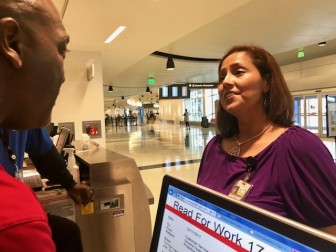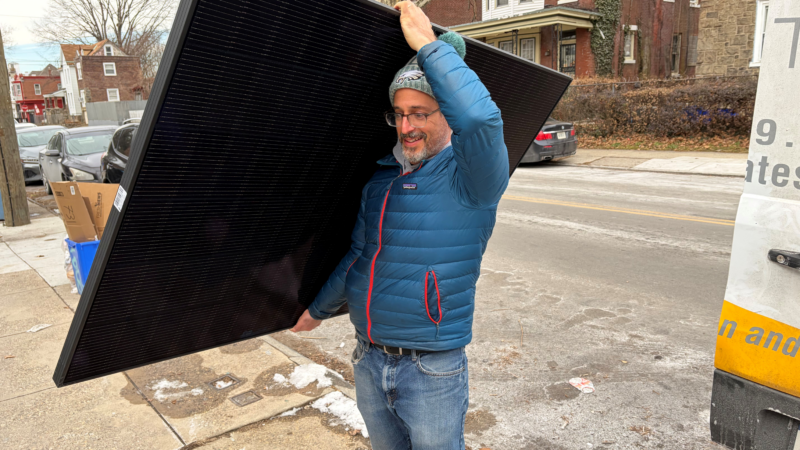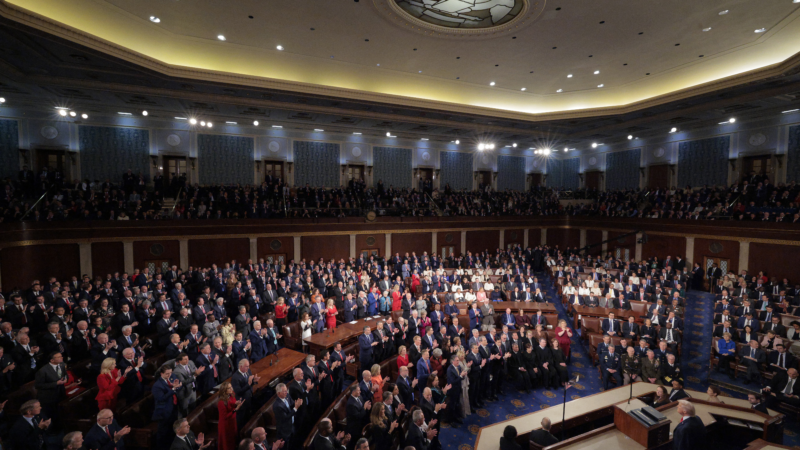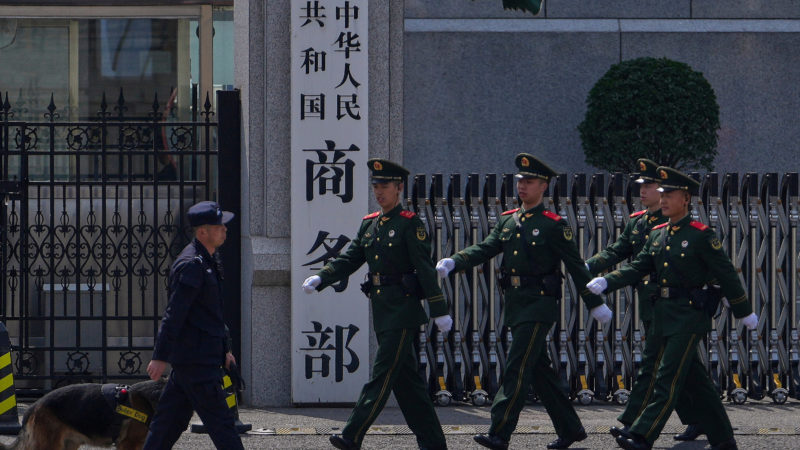Why Only Four Major Airlines Out of Birmingham?
It’s almost Thanksgiving, and for many of us that means traveling to see family. For those who have to fly, the Birmingham-Shuttlesworth International Airport is the place it all begins. In a national ranking earlier this year, Birmingham’s airport was 63rd on the list. It lost points mostly stemming from the airport’s $50 million dollars in debt. But there also isn’t exactly a plethora of airlines that fly in and out of Birmingham. If you’re one of 2.4 million folks flying in or out of Birmingham, you’re on one of four major airlines; United, Delta, American and Southwest.
But why aren’t there more? Toni Herrera-Bast is the spokeswoman for the Airport Authority. She said the airport is always happy to speak to airlines interested in coming to Birmingham. However, she said since the major airlines there carry 86 percent of all air traffic nationwide, the airport just wants to keep the carriers it has. “Our focus is to maintain and retain,” Herrera-Bast said “We are expecting modest growth about 2 percent each year.”
Modest growth in air traffic, that is. Two years ago, the airport completed a 201 million dollar renovation meant to increase airport profits and make travelers’ experience more comfortable and enjoyable. Stores, restaurants and bars can be major revenue streams to help offset operational costs. That’s one reason some terminals look like mini-malls. Airports also make money through fees from parking, rental cars, and plane tickets.
The more money an airport makes, the less it charges the airlines. Bill Swelbar is an air travel industry consultant in Washington DC. He says when an airline considers an airport to start flying in and out of, it boils down to one thing…profit. “An airline is not going to come to an airport unless it is absolutely convinced that there is sufficient demand and sufficient revenue to make the route profitable by month six,” Swelbar said.
Industry experts say there’s no magic formula to significantly increase the number of passengers using an airport. There are too many factors out of the airport’s control, such as the local economy. David Lee is managing director of economics at Airlines for America, an advocacy firm. He says a city’s economy is at the top of an airline’s list. “How large is the population and related to that for the folks who live there, how are their income levels? Is there job growth? Because when you think about it, for the most part, flying is discretionary. Lee said.
Lee said there are strategies that can help airports succeed. One is being a route in a hub and spoke model. For example, Delta has its hub at the Atlanta airport. So let’s say you’re in Birmingham and want to go to Charleston, South Carolina. There may not be a lot of demand for a Birmingham to Charleston flight. So, the airline flies you from Birmingham to Atlanta and then from Atlanta to Charleston with a connecting flight. “The hub and spoke model is the best way to service communities like Birmingham because they offer one stop connection to the entire world” Lee said.
Bill Swelbar, the consultant, says there’s other potentially good news on the horizon for cities like Birmingham. Airlines are building bigger planes that airports, smaller than Birmingham’s, won’t be able to handle. As a result, more folks who live in smaller towns and cities may have to drive to Birmingham to fly to their destination.
When a horse whinnies, there’s more than meets the ear
A new study finds that horse whinnies are made of both a high and a low frequency, generated by different parts of the vocal tract. The two-tone sound may help horses convey more complex information.
Trump’s many tariff tools mean consumer prices won’t go down, analysts say
The Supreme Court struck down President Trump's signature tariffs. But the president has other tariff tools, and consumers shouldn't expect cheaper prices anytime soon, economists say.
Hundreds of American nurses choose Canada over the U.S. under Trump
More than 1,000 American nurses have successfully applied for licensure in British Columbia since April, a massive increase over prior years.
Tax credits for solar panels are available, but the catch is you can’t own them
Rooftop solar installers are steering customers toward leases instead of purchases. Federal tax credits for purchased systems have ended but are still available for leased ones.
5 takeaways from Trump’s State of the Union address
President Trump hit familiar notes on immigration and culture in his speech Tuesday night, but he largely underplayed the economic problems that voters say they are most concerned about.
China restricts exports to 40 Japanese entities with ties to military
China on Tuesday restricted exports to 40 Japanese entities it says are contributing to Japan's "remilitarization," in the latest escalation of tensions with Tokyo.







